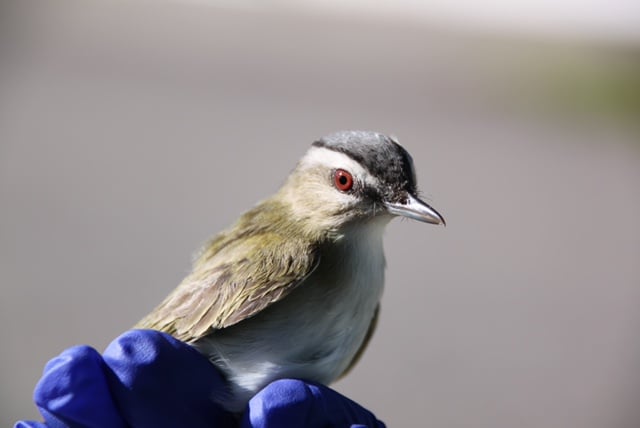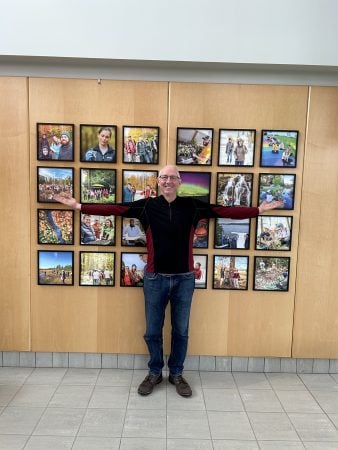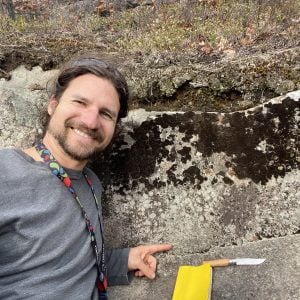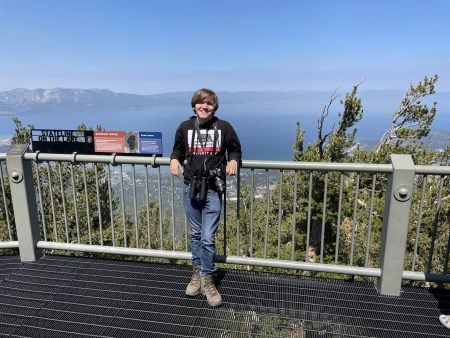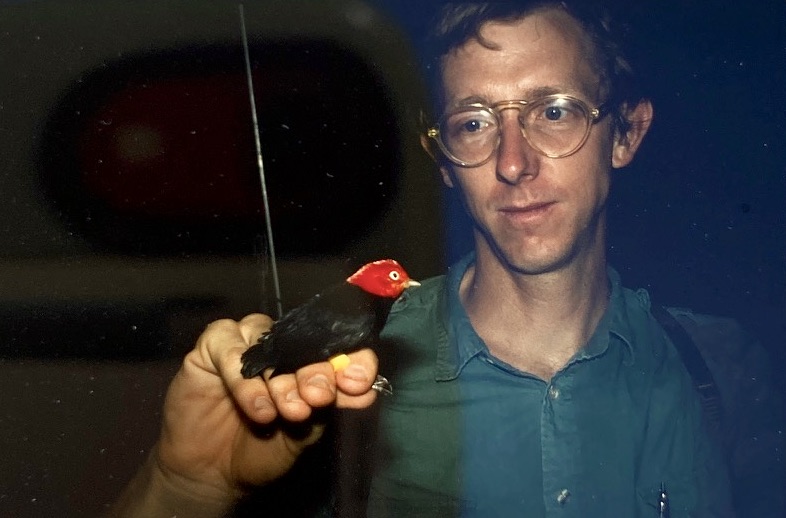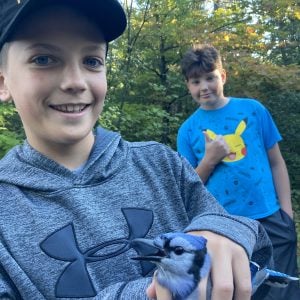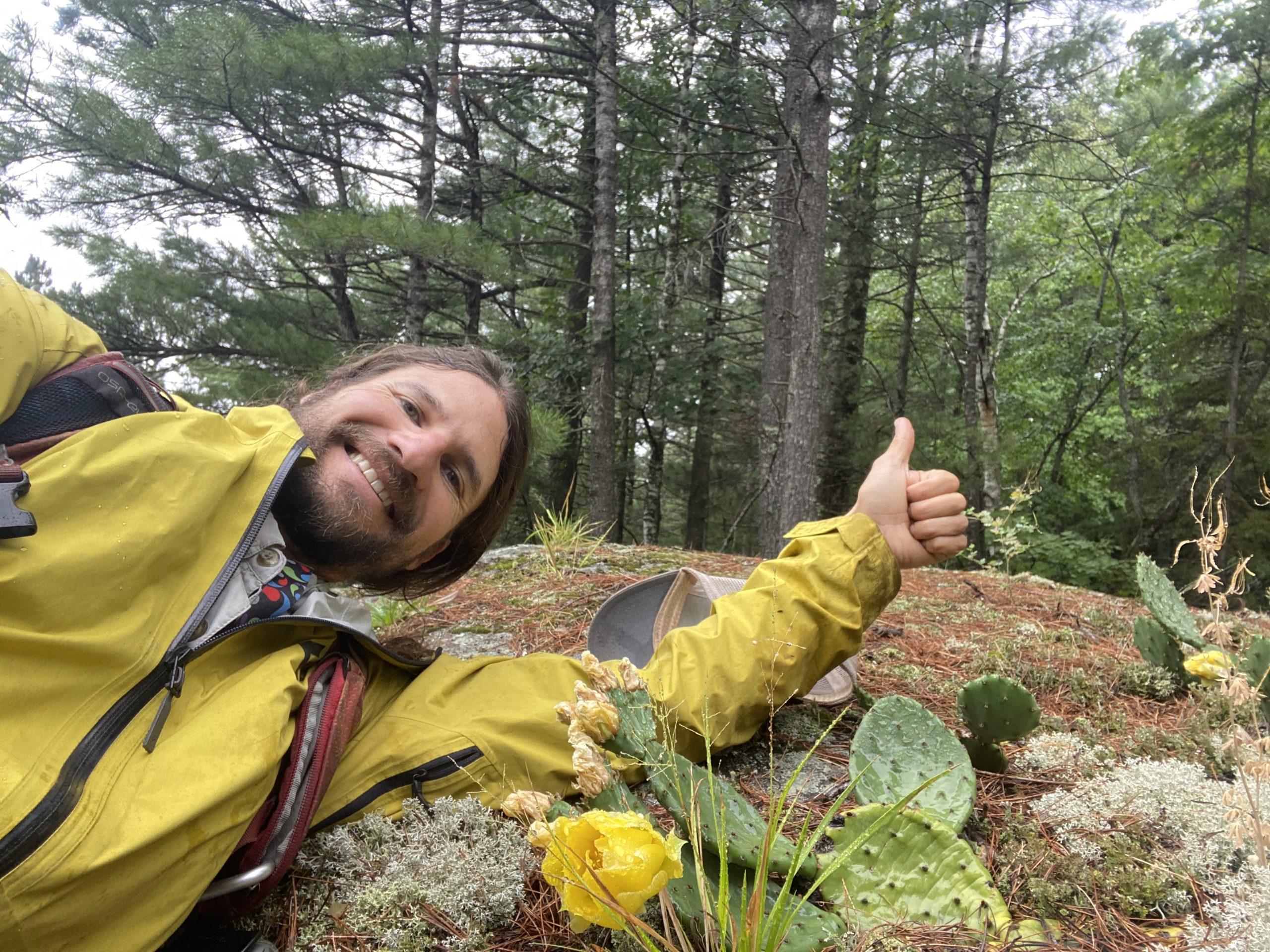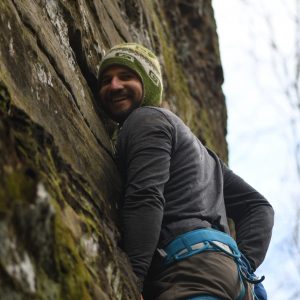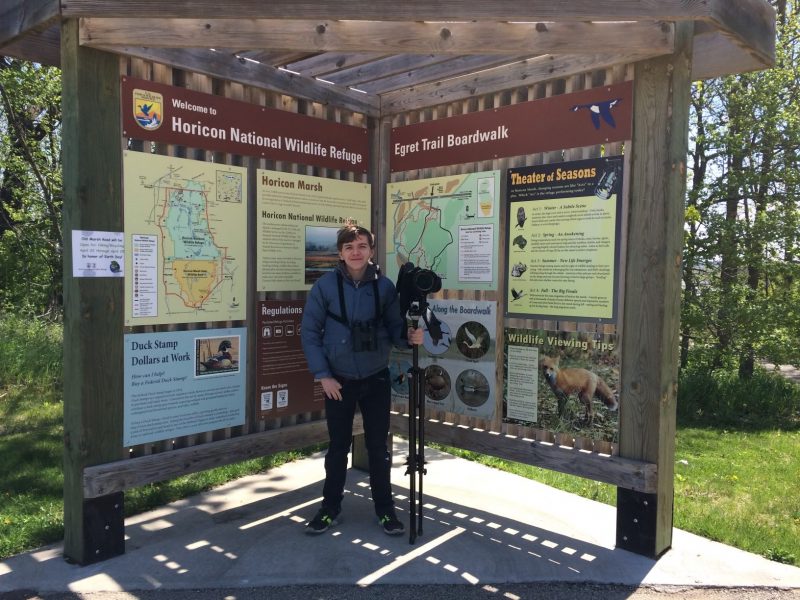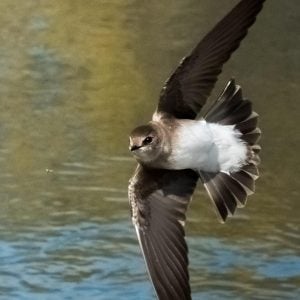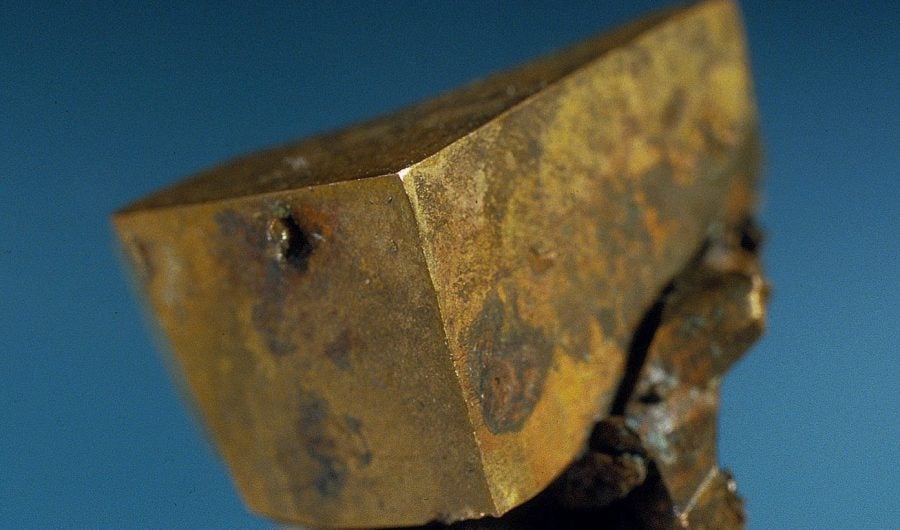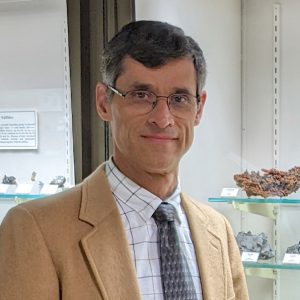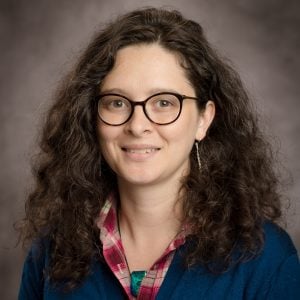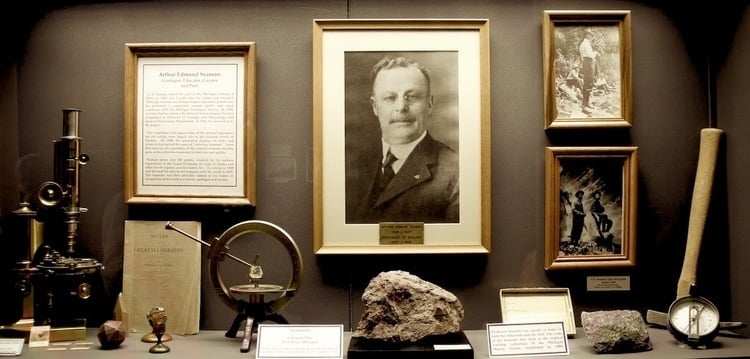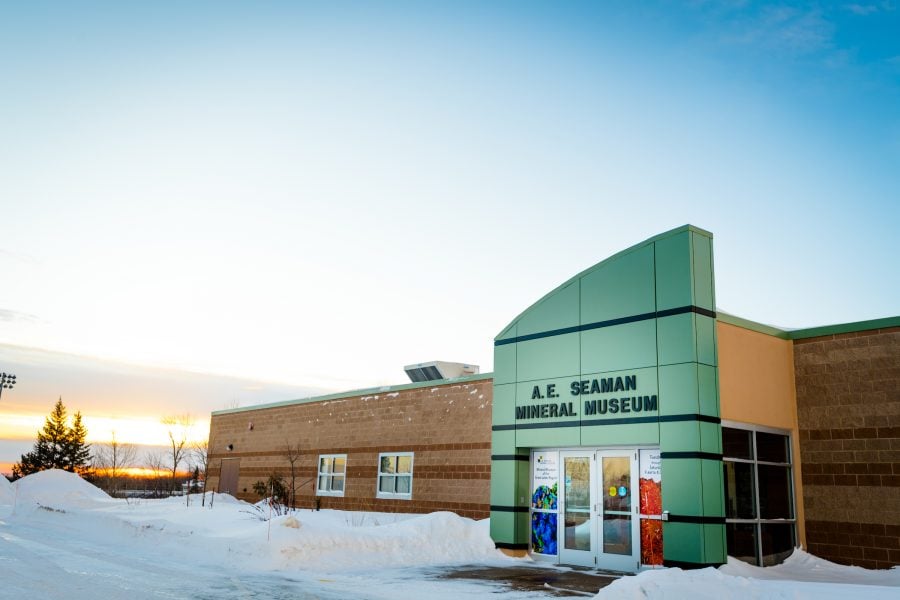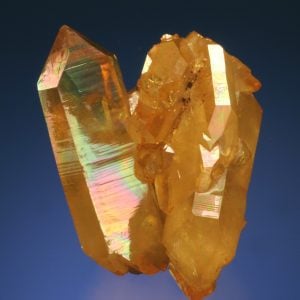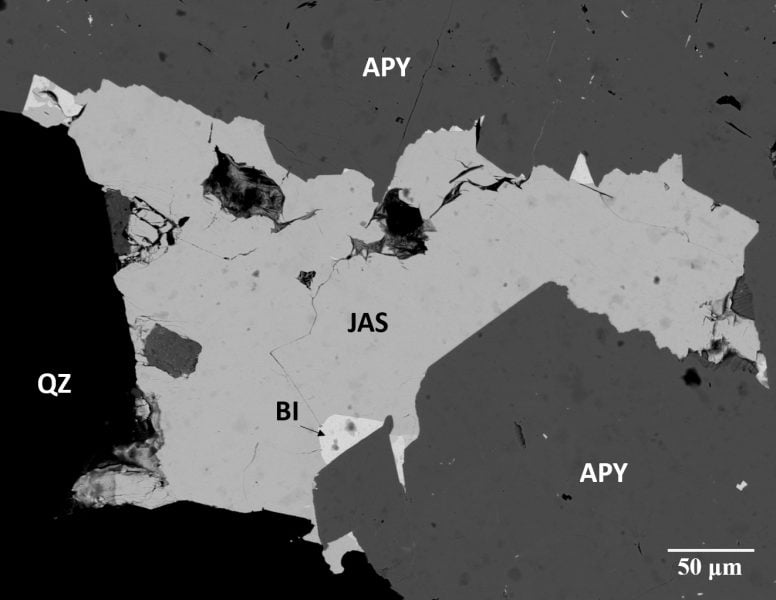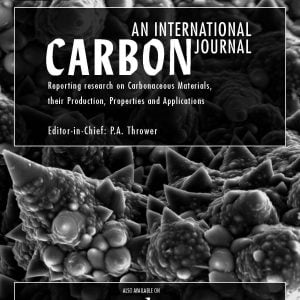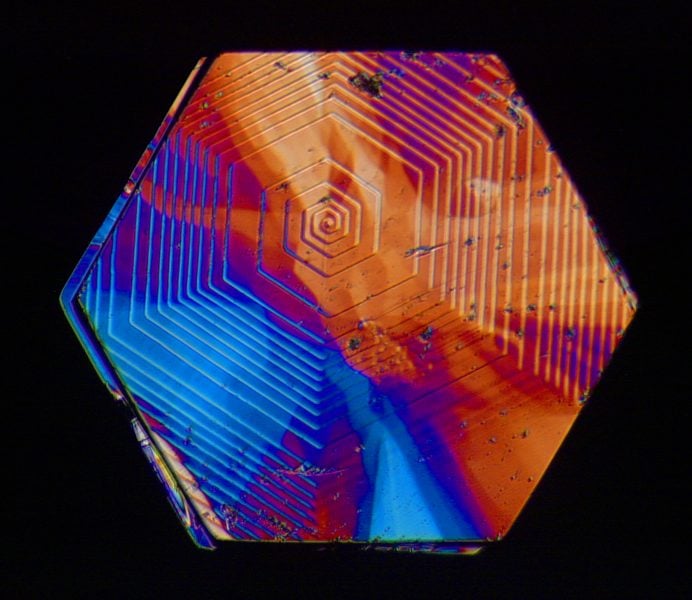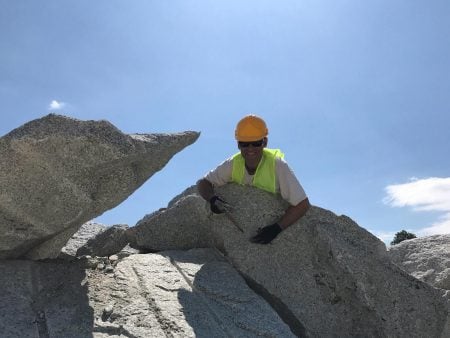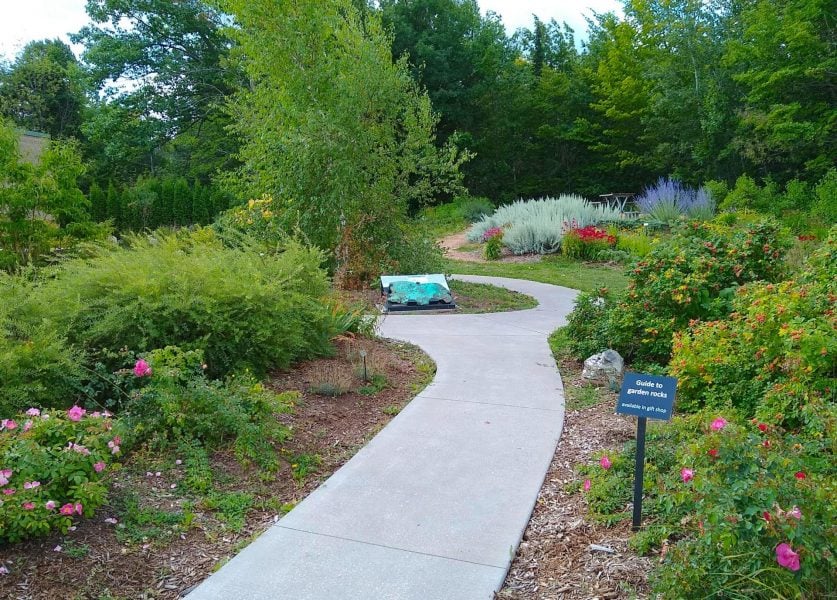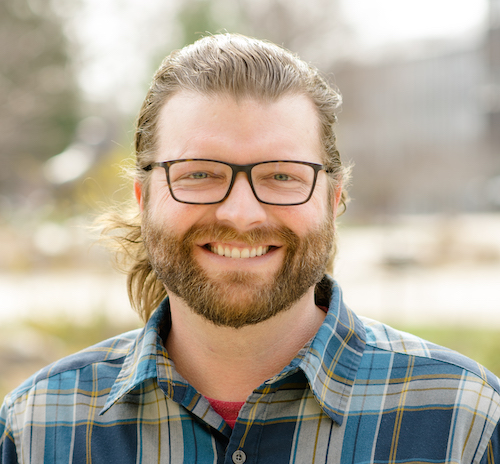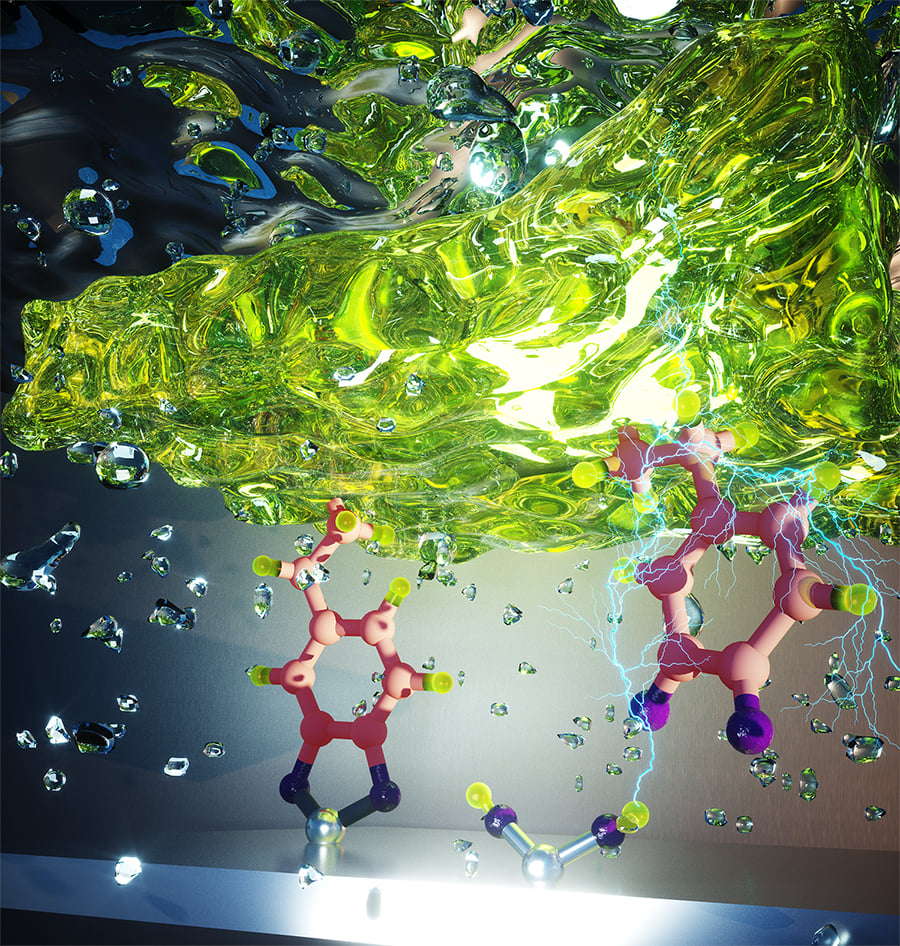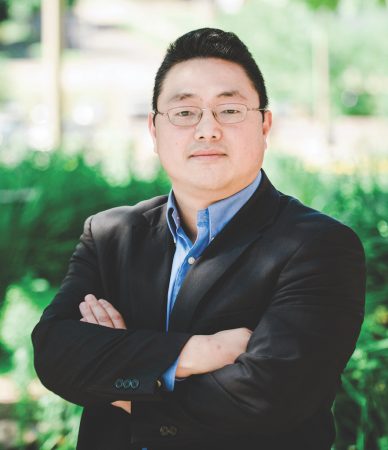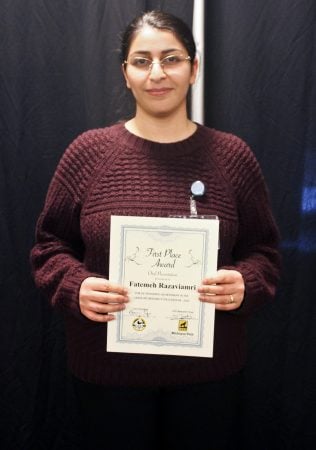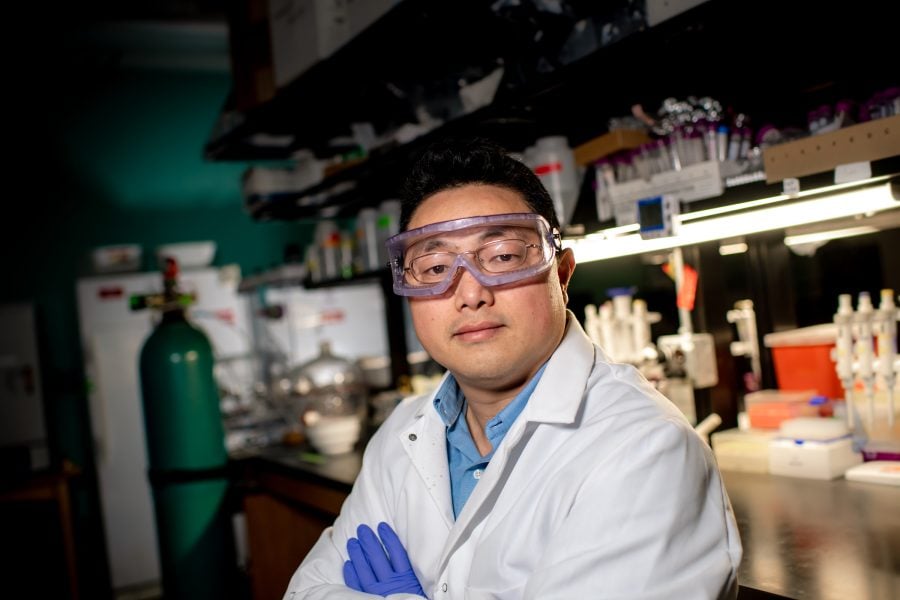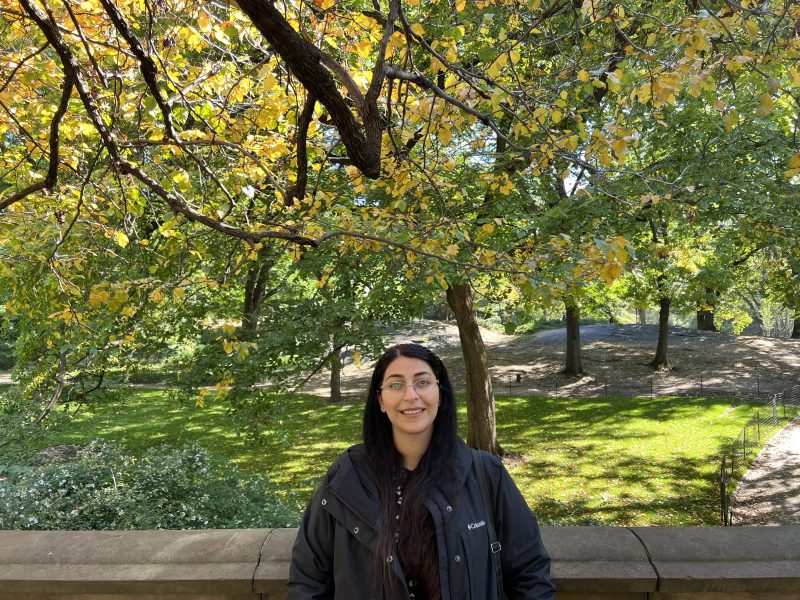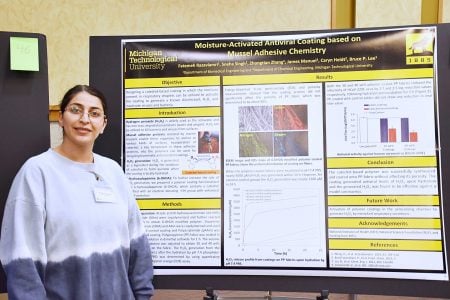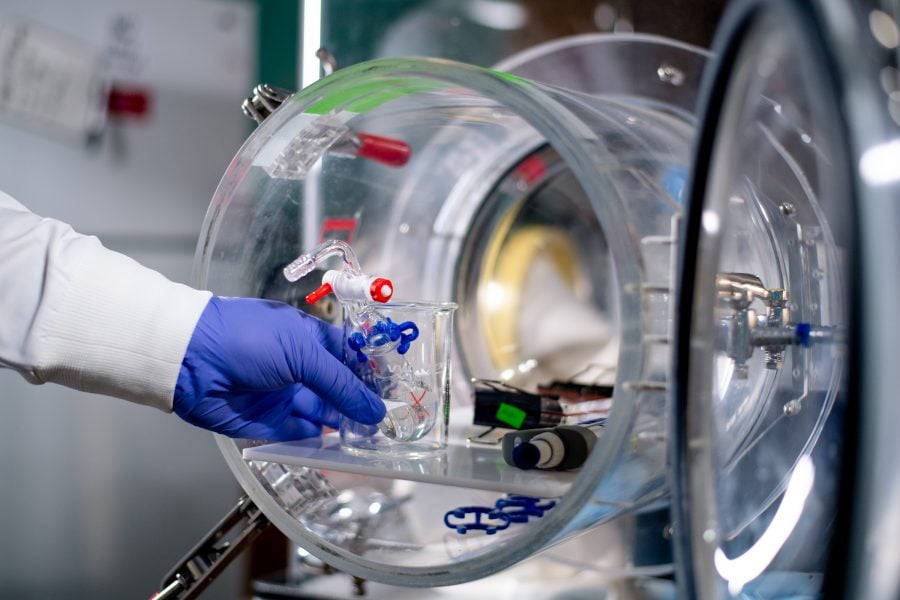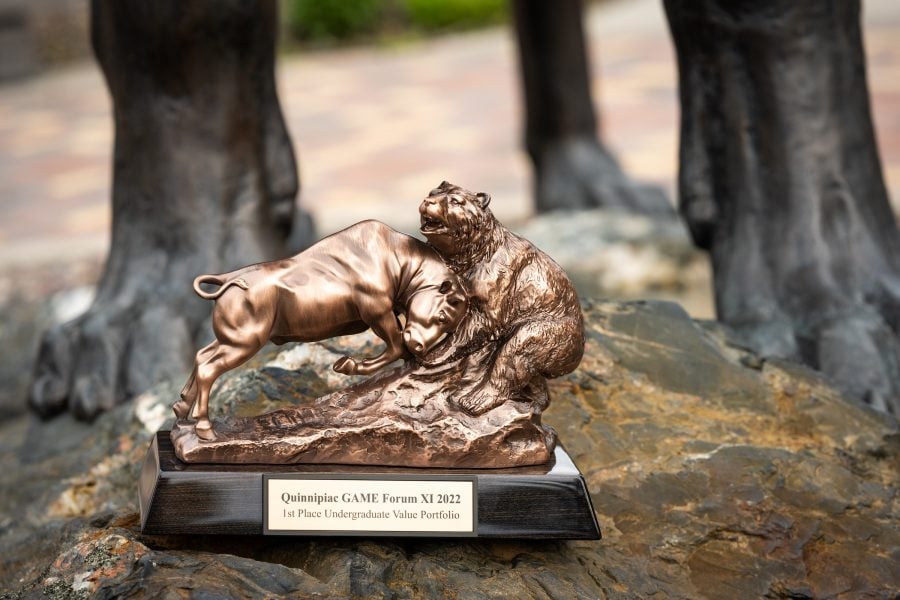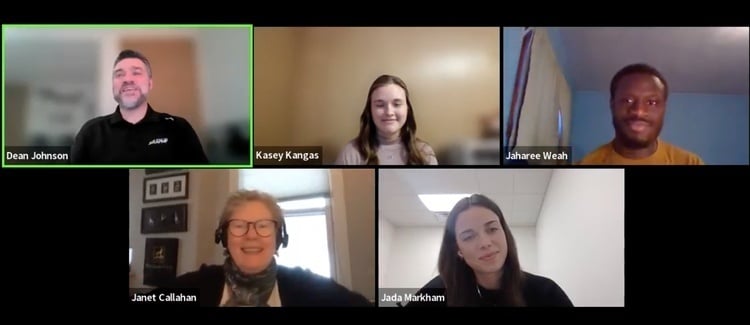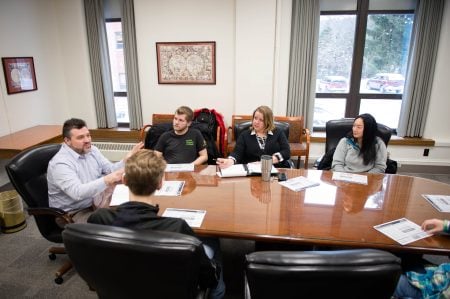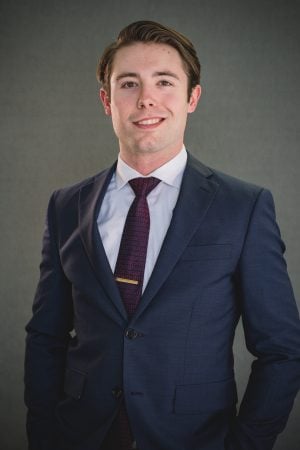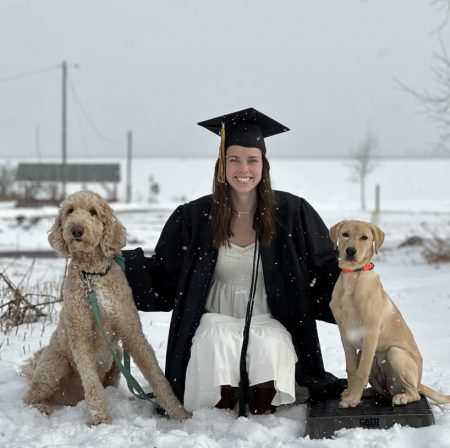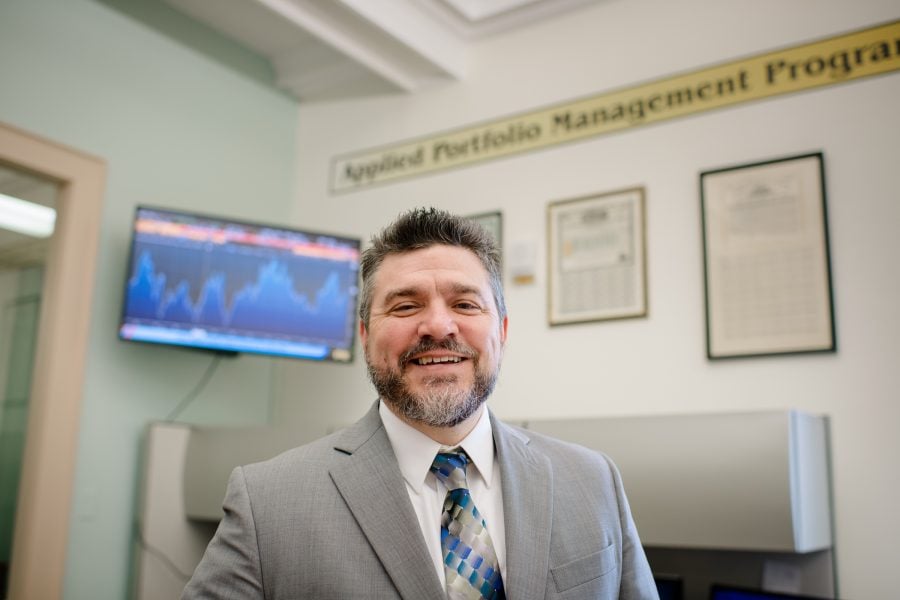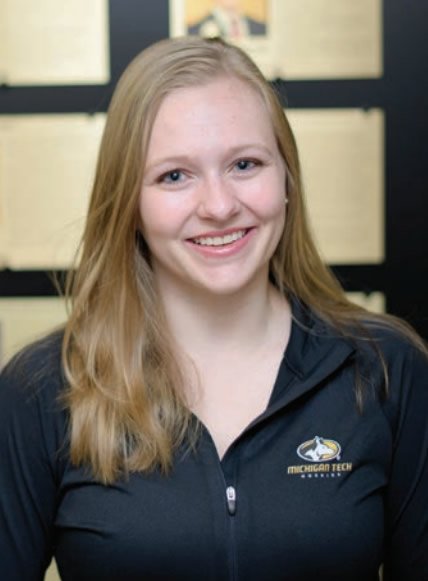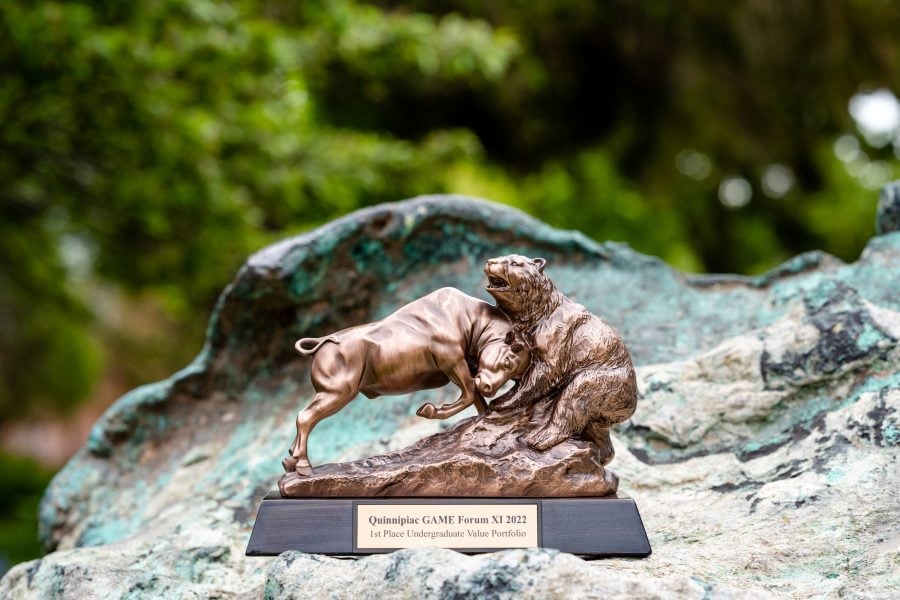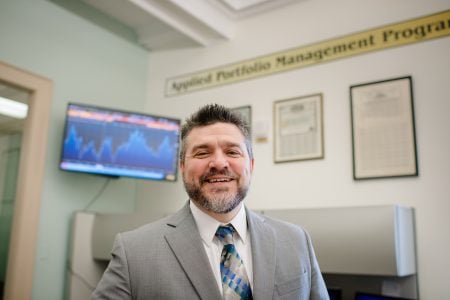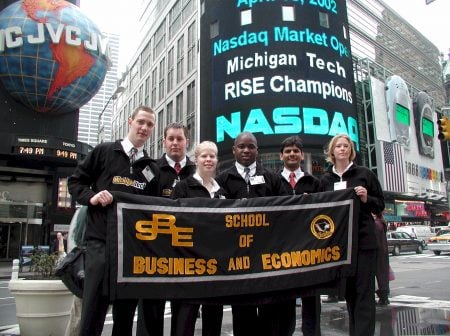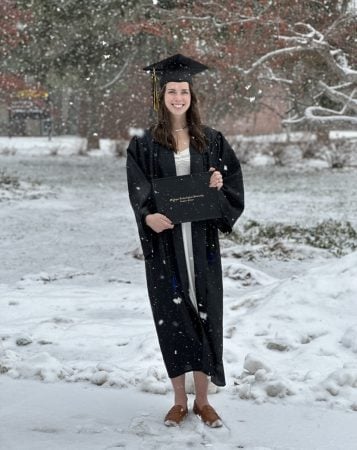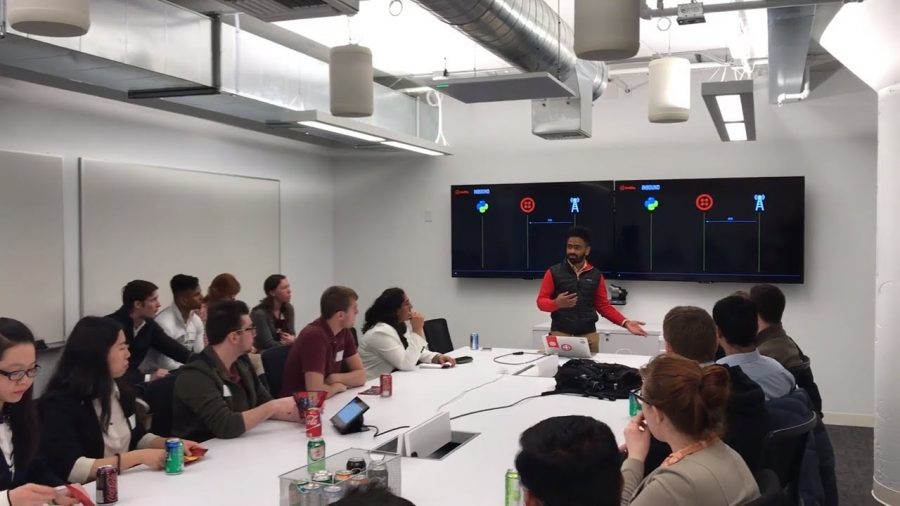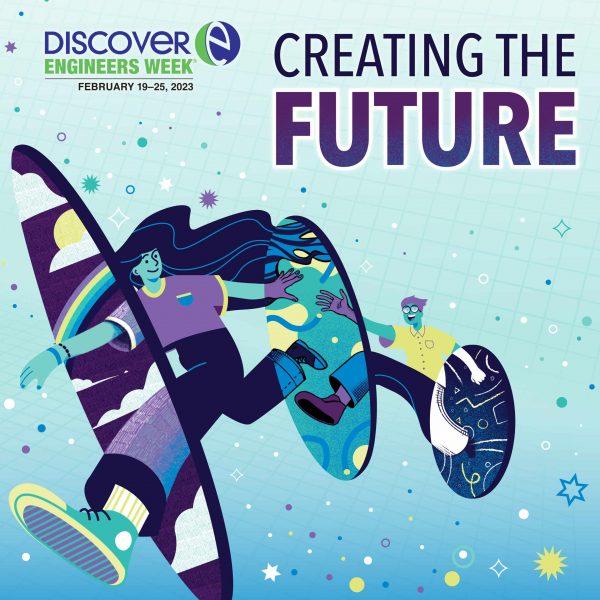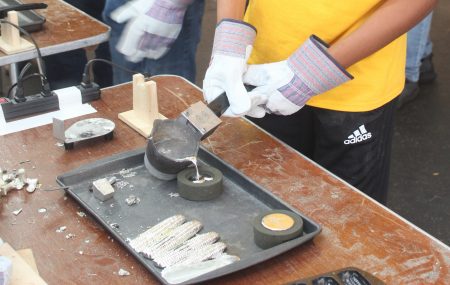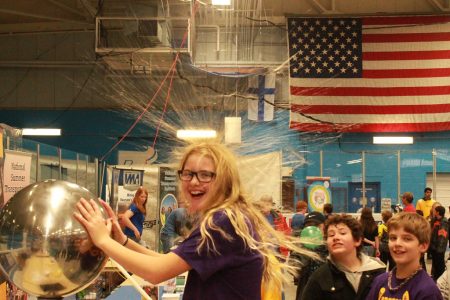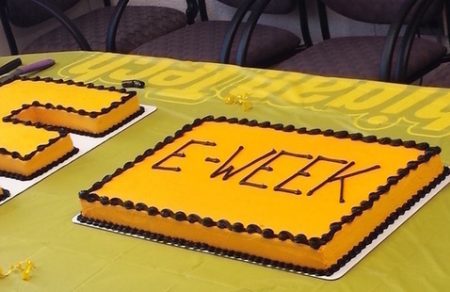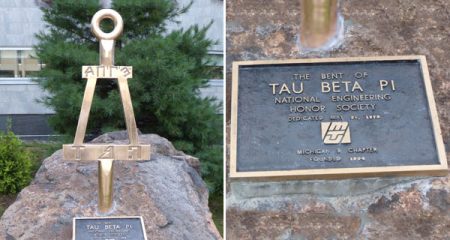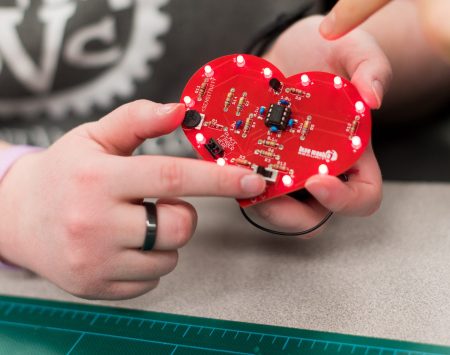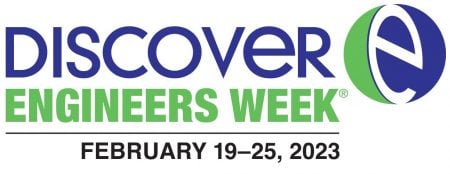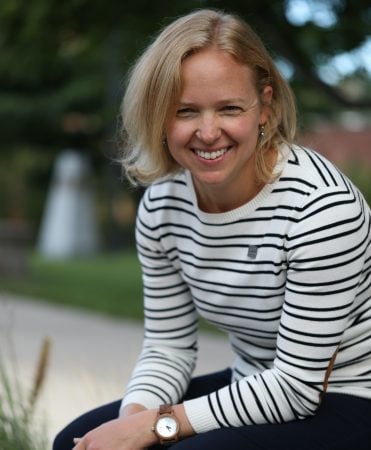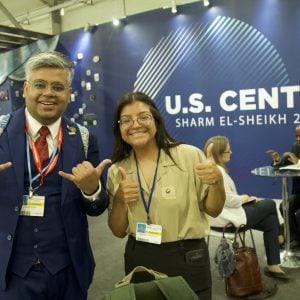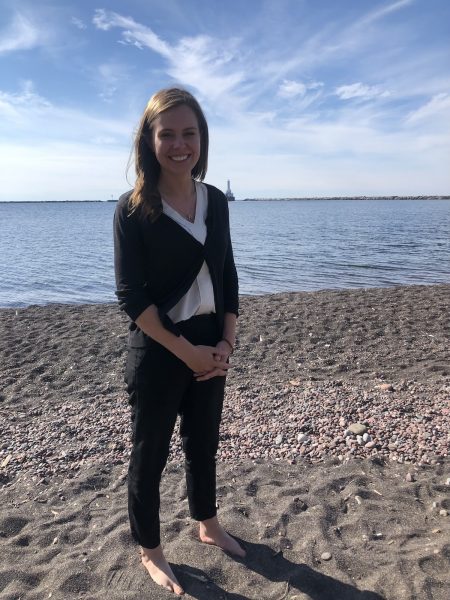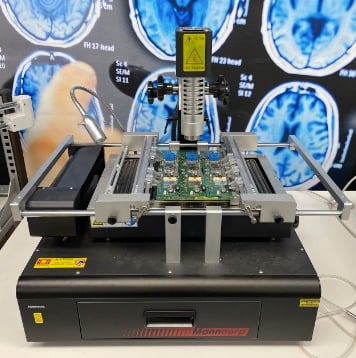
The Society of Women Engineers (SWE) section at Michigan Tech and Engineering Ambassadors hosted an Engineering Day at Dollar Bay-Tamarack City Elementary for K-5 students last Friday (March 24).
Kindergarten and first grade students learned about buoyancy by making tinfoil boats and loading them with marbles until they sank. Second and third graders made roller coasters for marbles and explored the concepts of potential and kinetic energy. Fourth and fifth graders learned about photovoltaic cells and that they cannot store energy while making series and parallel circuits. We especially loved the survey comment: “Electricity is cool!” We thank the Dollar Bay-Tamarack City students and teachers for learning with us and we’d love to host another Engineering Day with you.
Last Saturday (March 25), SWE hosted their annual Engineering Day for Girl Scouts. Youth from northern Wisconsin and the Upper Peninsula came to campus to learn about engineering. The Daisies and Brownies made their own paddle boats and paper airplanes with SWE and Concrete Canoe. They loved seeing the concrete canoe in the Dow building and seeing the difference in weights of the canoe concrete and concrete that is used in sidewalks. One Brownie named Amy (third grade) wrote: “I Loved it here. I amy want to come here for colage.”
The Juniors explored electrical and computer engineering (ECE) with SWE members from the ECE department and Blue Marble Security Enterprise. They met the robot, Ned, who sorts LEGO blocks. They visited the Plexus Lab and watched a shamrock circuit board being made. They explored series and parallel circuits using Play-Doh and LEDs. The most exciting parts were the Arduino and FPGA — students connected a three-color LED to an Arduino and then modified the code to change the rate at which the lights cycled. Each youth changed the code for the FPGA such that their name or a word scrolled across the screen. A fourth grade Junior commented, “I loved this! I really want to do this again,” while a fifth grader said, “It was amazing! Thank you!”
SWE members enjoyed working with the Girl Scouts — this is one of our favorite outreach events. The section is already planning for next year’s event.
By Gretchen Hein, Advisor, Society of Women Engineers.
Related
Engineering Ambassadors and SWE Host Engineering Day on MLK Day 2023
